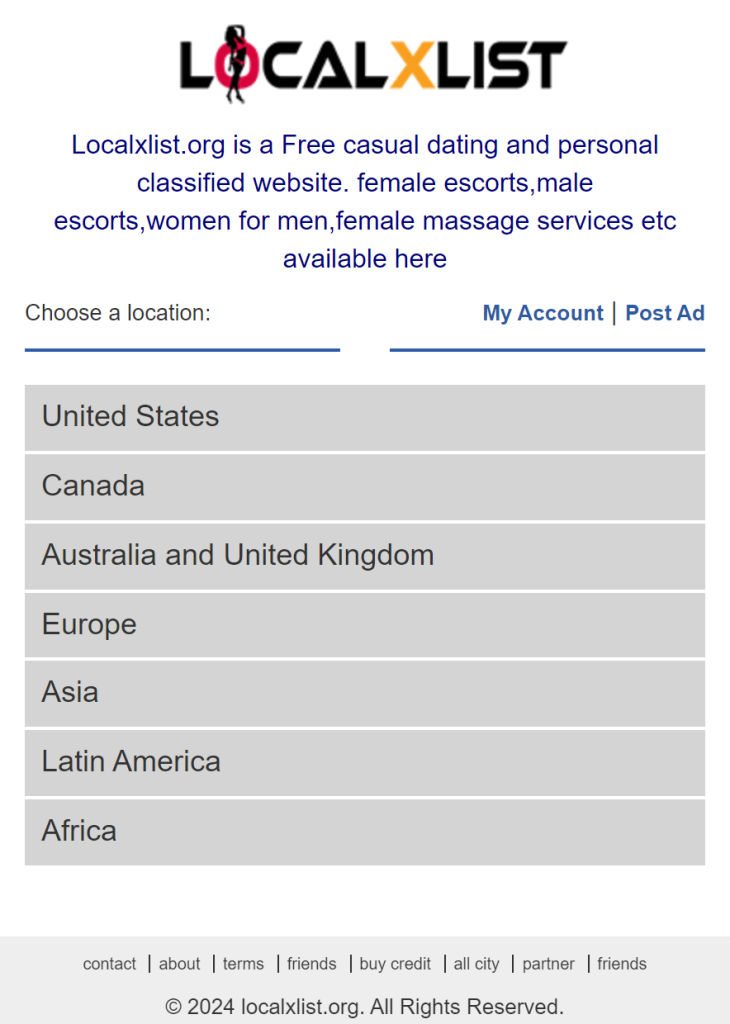Don’t Be Fooled: Protect Yourself from Webcam Scams

As webcams become more integrated into our daily lives for both personal and professional use, scams targeting webcam users are on the rise. These scams can cause significant emotional and financial damage, making it critical to recognize the different types of scams and learn how to protect yourself. This guide outlines the most common webcam scams and provides tips for staying safe.
Protecting Yourself From Webcam Scams
- Webcam Blackmail Scams
In webcam blackmail scams, a scammer tricks users into engaging in intimate acts on camera and then threatens to share the recorded footage with their friends, family, or social networks unless they receive a ransom payment. The fear of public exposure can make these scams particularly distressing.
How to Protect Yourself:
- Avoid engaging in intimate or sexual acts online with strangers.
- Keep your webcam covered or disconnected when not in use.
- Be selective about who you interact with online.
- Report suspicious behavior to the platform you are using or the authorities.
- Webcam Hacking and Privacy Breaches
Webcam hacking involves cybercriminals gaining unauthorized access to your webcam, which can compromise your privacy and security. Hackers can monitor your activities, access private data, and even blackmail you using footage captured without your consent.
How to Protect Yourself:
- Keep antivirus software updated.
- Use strong, complex passwords for your online accounts.
- Avoid clicking on suspicious links or downloading unknown software.
- Consider using secure platforms such as Skype or other trusted services over unfamiliar ones.
- Impersonation and Fake Profiles
Scammers often create fake profiles, posing as webcam models or operating fraudulent webcam platforms to lure unsuspecting users into spending money on fake services. They may try to entice you by offering enticing content or deals, only to disappear once payment is made.
How to Protect Yourself:
- Look out for warning signs such as poor grammar, unrealistic promises, or suspicious advertising.
- Ensure the platform and model are legitimate by reading reviews and checking for security certificates.
- Avoid interacting with accounts that seem too good to be true or ask for payment outside official channels.
- Sextortion Scams
Sextortion is a type of blackmail where scammers threaten to release intimate images or videos of the victim unless they pay a ransom. These scams are prevalent in the webcam industry and often target individuals who have shared explicit content online.
How to Protect Yourself:
- Never share intimate content with individuals you do not know well or trust.
- Keep your personal information and online accounts secure.
- If you become a victim of sextortion, report the incident to local authorities or online platforms, and do not engage with the scammers.
- Online Payment and Token Scams
Scammers in the webcam industry may trick users into making fraudulent payments or sharing financial details through fake payment platforms or misleading payment terms. They may also request tokens or other forms of currency used on cam platforms in exchange for services they never intend to provide.
How to Protect Yourself:
- Be cautious with unsolicited requests for payment or personal information.
- Use secure, reputable payment sites with encrypted transactions.
- Avoid sharing your financial information directly with other users.
- If a payment request seems suspicious or unclear, trust your instincts and do not proceed.
- Employment and Job Scams
Job scams in the webcam industry prey on individuals seeking employment, often promising high earnings in exchange for upfront fees or requiring them to purchase costly equipment or software. These scammers take advantage of vulnerable individuals who may be desperate for work or new to the industry.
How to Protect Yourself:
- Research any job offers thoroughly and verify the legitimacy of the company.
- Be cautious of job offers that sound too good to be true or require upfront payment.
- Avoid sharing personal information or purchasing expensive equipment without proper validation of the job offer.
Conclusion:
Webcam scams can be emotionally and financially devastating, but understanding the risks and taking precautions can help you stay safe. By familiarizing yourself with the most common scams and following the tips provided, you can protect your privacy, security, and finances while continuing to use webcams for personal or professional purposes. Stay vigilant, and always prioritize your safety online.






